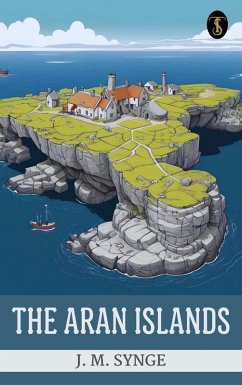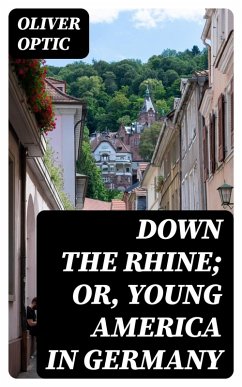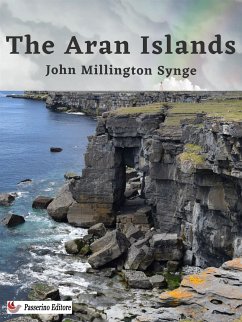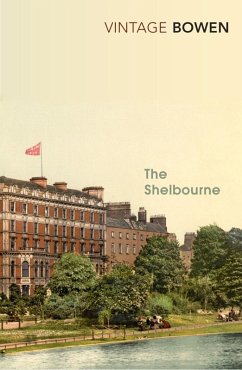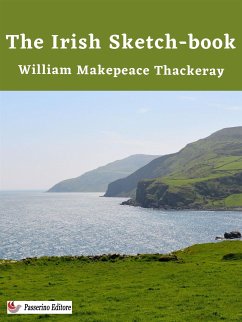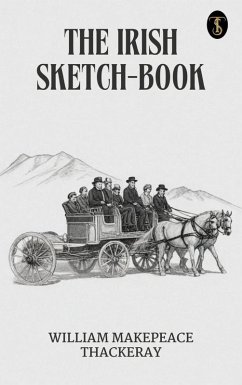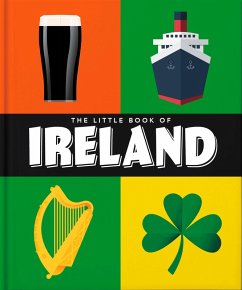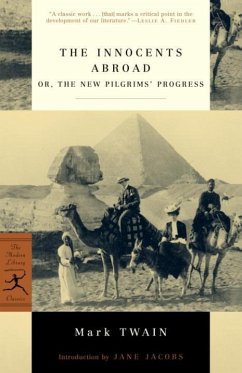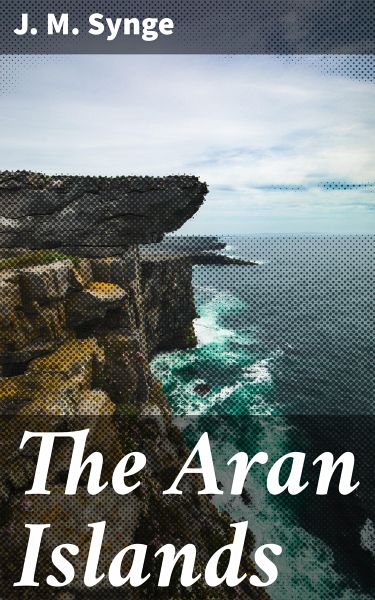
The Aran Islands (eBook, ePUB)
Enriched edition. Exploring Irish Rural Life and Culture in Synge's Literary Journey
Kommentar: Glover, Jillian / Redaktion: Good Press
Versandkostenfrei!
Sofort per Download lieferbar
0,49 €
inkl. MwSt.
Weitere Ausgaben:

PAYBACK Punkte
0 °P sammeln!
In "The Aran Islands," J. M. Synge captures the stark beauty and rugged simplicity of life on the remote Aran Islands off the west coast of Ireland. Written in an evocative prose style rich in local color and idiomatic expressions, the work serves not only as a travel narrative but also as a deep exploration of its inhabitants' culture, folklore, and traditions. Synge's keen observations and lyrical language immerse the reader in the islanders' daily struggles and triumphs, revealing the interplay between nature and human existence within the context of the early 20th century, a time marked by...
In "The Aran Islands," J. M. Synge captures the stark beauty and rugged simplicity of life on the remote Aran Islands off the west coast of Ireland. Written in an evocative prose style rich in local color and idiomatic expressions, the work serves not only as a travel narrative but also as a deep exploration of its inhabitants' culture, folklore, and traditions. Synge's keen observations and lyrical language immerse the reader in the islanders' daily struggles and triumphs, revealing the interplay between nature and human existence within the context of the early 20th century, a time marked by both artistic awakening and national identity debates in Ireland. J. M. Synge, a playwright and prominent figure in the Irish Literary Revival, was significantly influenced by his experiences in the Aran Islands, which he first visited in 1898. His fascination with the unique dialects, customs, and stories of the islanders informed much of his later work, including his acclaimed plays. Synge's desire to capture the essence of Gaelic culture and the complexities of rural life is evident in this seminal text, as he blends personal narrative with a broader commentary on Irish identity. "The Aran Islands" is highly recommended for readers interested in the intersection of place and identity. This work not only offers an intimate glimpse into a traditional way of life that is rapidly fading but also serves as an essential reference point for understanding the cultural heritage of Ireland. Engaging and poetic, Synge's portrayal of the islands invites readers to reflect on the beauty and harshness of human experience. In this enriched edition, we have carefully created added value for your reading experience: - A succinct Introduction situates the work's timeless appeal and themes. - The Synopsis outlines the central plot, highlighting key developments without spoiling critical twists. - A detailed Historical Context immerses you in the era's events and influences that shaped the writing. - A thorough Analysis dissects symbols, motifs, and character arcs to unearth underlying meanings. - Reflection questions prompt you to engage personally with the work's messages, connecting them to modern life. - Hand-picked Memorable Quotes shine a spotlight on moments of literary brilliance. - Interactive footnotes clarify unusual references, historical allusions, and archaic phrases for an effortless, more informed read.
Dieser Download kann aus rechtlichen Gründen nur mit Rechnungsadresse in A, B, BG, CY, CZ, D, DK, EW, E, FIN, F, GR, H, IRL, I, LT, L, LR, M, NL, PL, P, R, S, SLO, SK ausgeliefert werden.




